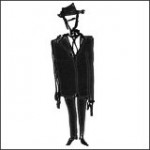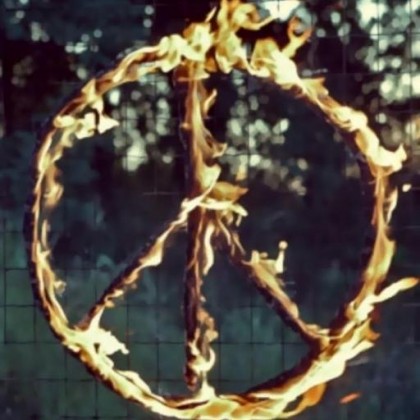The Weaponisation of the Refugee
Artificial mass migration as imperial policy has a long history. To illustrate this, we will cite a few historical examples. According to Bulgarian historian A, Eminov, civil wars in the Balkans in the 13th and 14th centuries led to significant population decline, which greatly facilitated colonisation of the Balkans by the Ottoman Empire.


